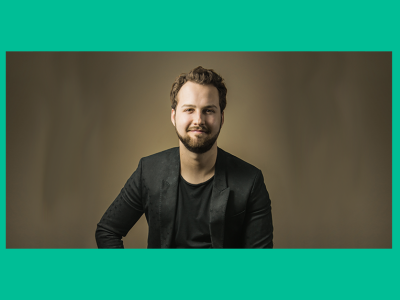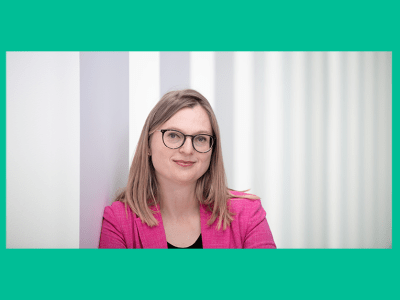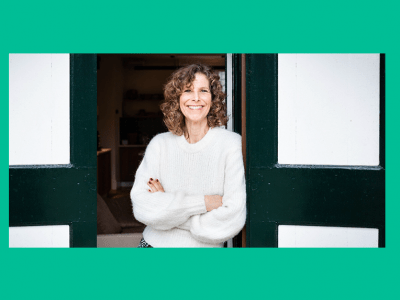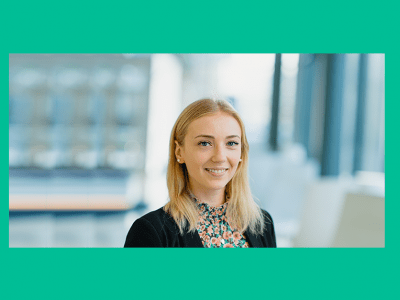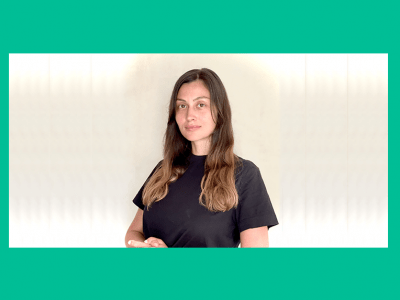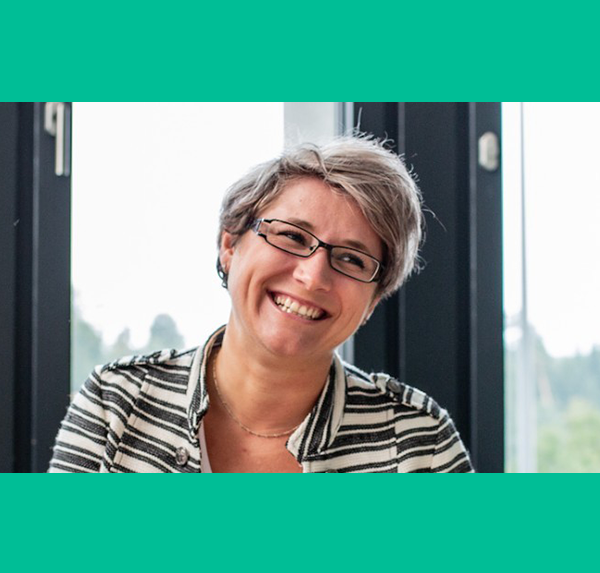EU Alumni: Steve Rynecki
Economic Growth Officer, U.S. Agency for International Development (USAID)
MBA in Communication & Public Relations, 1995
Is from: U.S.A.
Lives in: Thailand
Speaks: English, German
Has lived in: United Kingdom, Germany, Netherlands, Russia, Kazakhstan, Afghanistan
Has won: World Bank Innovation Prize
Likes: Travel, historic preservation, cultural tourism
Since graduating from EU, Steve Rynecki has worked with various UN agencies around the globe. He has extensive experience in the public, private and not-for-profit sectors and has traveled and worked in 53 countries.
What are some of the principles studied at EU have you remembered often in your professional career?
I learned that international business requires flexibility, patience and open-mindedness. I embrace these principles and practice them on a regular basis.
You’ve worked in the public, not-for-profit and private sectors; how are they different?
The private sector, as you can well imagine, is very bottom-line driven. Shareholder value trumps everything. Nonprofits tend to be more relaxed work environments, but that is really an illusion; they survive only if they receive external funding. I’ve worked for some nonprofits where the only difference between nonprofit and for profit is the absence of shareholders. Nonprofits actually strive for surplus revenue, which is a lot like profit. Public sector work is driven more by the perception of doing good things for citizens. Anything that results in a public dividend is rewarded.
Success for me is getting up every morning energized and excited about the day ahead and all of its challenges.
What is your proudest accomplishment?
Several come to mind, but perhaps the most enduring was my role in facilitating the Kingdom of Jordan’s strategy to create 35,000 technology jobs by 2035. They exceeded that number several years ago, and Jordan is now recognized as a source of high-quality technology solutions.
You’ve mostly worked abroad, do you have any tips for team building within diverse groups?
Be sure to set the stage and let your team know individually and as a group the “ground rules” and shared expectations required for a truly inclusive workforce. Sharing a “common vision” for diversity at the workplace makes corrections or difficult conversations easier as an agreement was made at the start.
What motivates you?
What truly motivates me is working with focused, motivated teams to tackle some the world’s economic challenges and to help entrepreneurs in ememging markets gain access to capital, technical assistance and to realize their dreams. That gets me going.
What advice would you give students wishing to build an international career?
My advice is for students to be certain they’re willing to be committed to this as a lifestyle. You won’t see much of your extended family once you become a career expatriate. You need to be flexible and honest with yourself at all times. It’s very difficult to build an international career, and equally difficult to back out of one. You’ll be marked as an internationalist at some point and going home for domestic employment may be a long shot in the future. It’s certainly something to think long and hard about.
What is your definition of success?
Success for me is getting up every morning energized and excited about the day ahead and all of its challenges. Loving what you do is essential to success. Sure, material compensation doesn’t hurt, but love of money and material things is an empty vessel without real passion for what you do.

